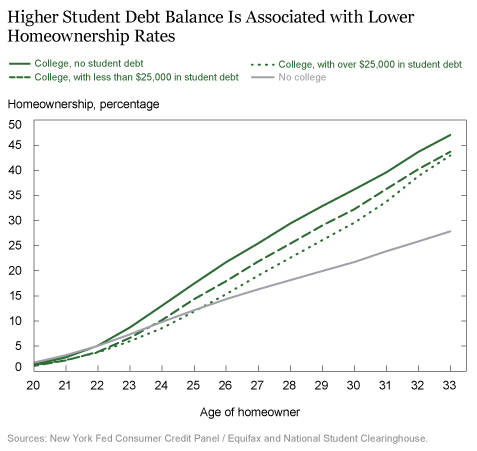My mind is still racing after coming back from SHRM Talent this week! So many great conversations I had with TA leaders and pros. I actually think the level of conversation at functional specific conferences is higher because everyone is feeling the same pain!
It’s not to say a conference like SHRM National can’t be great, but you’re surrounded by HR and Talent pros with dozens of specialties and focus. At SHRM Talent you basically had the majority of the attendees focused on how do we attract and hire better talent for our organizations! That leads to great open dialogue and connection. I came back to the office super energized!
I have to share one specific conversation I had. Great, passionate TA leader approached me with a problem she was having. She was feeling a little beat up, not as successful as she wanted her function and team to be, probably didn’t have the respect and influence she deserved for the challenges they’re facing. Her question was this:
“How do I get my recruiters to recruit?”
It was simple and honest. The easy answer is a performance management discussion but I knew what she was really asking. It’s a dilemma most TA leaders face right now. Our organizations are pushing us for more talent, and yet I don’t really have team and technology to provide what they want!
My answer to her was also simple and honest.
“You can’t.”
Okay, I expanded my answer because you know I love to give advice! I explained that most likely I’m guessing you have some really lovely, caring, company people working on your team that love working for you and love what they do. She said, “that’s right!” I’m also assuming these people are administering a recruiting process, but they’re not actually recruiting. “Right again! That’s my problem!”, she said.
Here’s what I know after twenty years in talent acquisition. If someone doesn’t want to change, nothing I do will get them to change. Making someone recruit who doesn’t want to recruit, won’t work. Never has, never will. You have to want to recruit, really recruit, to recruit. No, not what you think recruiting is, what actual recruiting is!
So, I said, here’s what I would do and laid out a plan of how I would change process and activities and hold them accountable. I also said more than likely most won’t do this and they’ll quit or fight you until you fire them. If you’re lucky you might get one or two of your “Farmers” to turn into a “Hunters”. But, my experience has been most will refuse to change, while telling you they’re desire to change!
I don’t have the time or capacity to get someone to change. Either they truly care enough to change, or they don’t. There’s no middle ground because I need to change what we’re doing, and I only need people on the team that can now do the new requirements of what I’m asking.
What I find is most TA leaders die trying to change their non-recruiters into recruiters. And by die trying, I mean they eventually quit or get fired, all the while their team keeps doing what they want to do. You can change the people, or you can ‘change’ the people.
I can’t make ‘you’ recruit, but I can find people who want to recruit.

